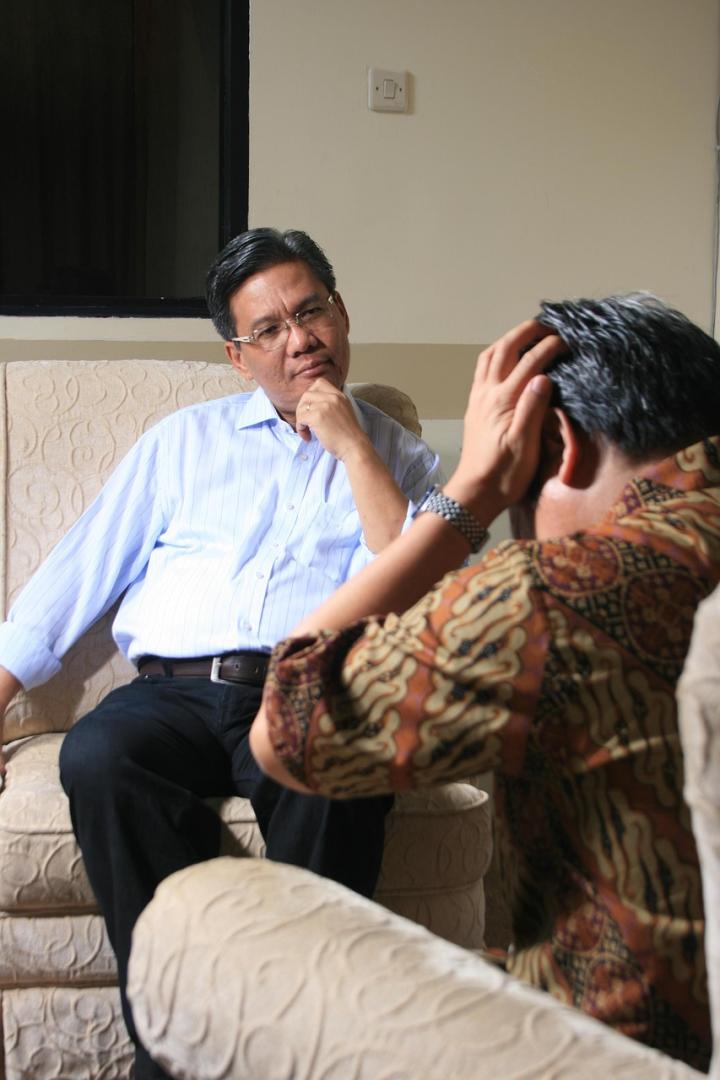Although people joke about being obsessive or compulsive, having Obsessive-Compulsive Disorder (OCD) is no laughing matter. The bondage you feel to the obsessive thoughts and rituals is distressing. OCD can disrupt relationships. Even the smallest tasks become difficult to perform. For example, Libby can’t balance her checkbook because every entry must be perfectly written, or she feels she has to rewrite it. Writing each entry perfectly is so time-consuming that she never finishes.
People with OCD are rigid thinkers who often appear opinionated or dogmatic. They have difficulty relaxing because everything is done with intensity and deliberateness. Finally, they worry about things that are unlikely to happen and may even seem absurd. And some of these characteristics can be reinforced in our culture.
While there isn’t certainty about what causes OCD, there is much that can be done to live an easier life. Here are a few of the helps:
- Replace rigidity with structure. Rather than thinking of the “right” way to always act, try thinking about all the options and choose the one that seems best based on the consequences. You need structure in your life but not perfectionism or constant control. Time is wasted by trying to do something perfectly or the “right’ way. Instead, choose a reasonable strategy and stick with it. This will be hard to do because you will feel anxious. Part of the work is to learn to manage the anxiety as you make changes.
- Relax your body. Having to do things perfectively creates body tension. Practice relaxation techniques and do them regularly. Don’t feel guilty about taking time to relax. Your body and mind need a break from the intensity.
- Problem-solve and stop ruminating. There is a difference between problem solving and ruminating over the same thoughts and consequences. Allow yourself 15-20 minutes a to think of a decisive action to replace the “What if,” of worry. Spiritually, worry is the opposite of trusting God. So putting trust in God and taking your cares to him is the antidote.
- Don’t freeze on one task. Whatever activity you do is probably not perfect. Give yourself a time frame to get something done, then move on to the next thing. Stop yourself from checking or doing the task several more times. Say, “It’s not perfect but I have to let it be.”
- Track your thoughts to see if you can find the triggers that set off your obsessions and compulsions.
- Consider medication. Some people find enormous improvement over obsessions and compulsions with medication. Check with a physician to see if you might benefit from a trial of medication.
- Be evaluated for depression since it often co-exists with OCD.
- Get help from a therapist who is familiar with cognitive and behavioral interventions. He/she can teach you ways to control your thoughts and give you strategies (e.g., exposure and response prevention) to stop compulsive behavior.
Medication combined with powerful cognitive and behavioral inventions works for many people. Start working with a cognitive behavioral therapist. Evaluate how things are going and decide if medication is an option to try. Research supports the use of both in the treatment of OCD.



